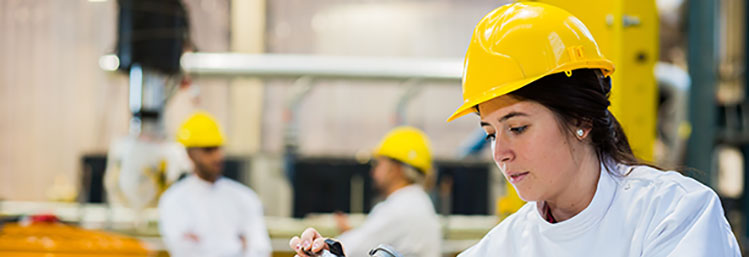
Civil and Structural Engineering
BEng (Hons)
- Typical offer for 2025
- Duration
- UCAS code
Suitable for applications.
The best thing about studying here is the smaller class size which means you get plenty of attention, your questions get answered, it’s not too noisy and you can sit wherever you like. It’s more interactive and you work in small groups on assignments so you get to know everyone.
Placement Year
This programme offers you the opportunity to take up a placement year working in industry in your third year.
The placement year is an excellent way to develop your professional experience, build industry contacts, and gain insight into the day-to-day work of a professional engineer.
During the second year we’ll offer you all the support you need to find a placement that is aligned to your career aspirations and personal interests.
These include sessions on CVs, interviews etc. from the Careers service at the University and presentations by both employers and previous year's students on their placements.
Once on placement you’ll have support and guidance from a placements tutor, who will monitor your progress.
After completing your placement you’ll return to complete the final year of the programme, and apply all you’ve learnt to studies. Many students continue their relationship with their placement employers - working for them part-time, developing final year projects with them or going back to them into graduate positions.
Learning and assessment
We deliver our modules using innovative teaching methods that combine theory with practice.
You’ll undertake a range of design exercises where you’ll address real industry problems/scenarios.
These projects enable you to apply your theoretical knowledge, while improving your communication skills.
Teaching methods include formal lectures, case studies, tutorial exercises, practical demonstrations, site visits, directed learning, group and individual work. Modules are assessed through formal written examinations, class tests, analytical and experimental coursework, presentations.

Study abroad
All of our programmes offer the opportunity to study abroad, with two semesters at an international partner institution.
Study support
Our comprehensive support services will help you to achieve your full potential – both academically and personally.
We provide all you need to make the very best of your time with us, and successfully progress through your studies and on into the world of graduate employment.
Our support services include:
- Personal tutors
- Disability services
- Counselling services
- MyBradford student support centres
- The Students’ Union
- Chaplaincy and faith advisers
- An on-campus nursery
- Halls wardens
We have well-stocked libraries and excellent IT facilities across campus. These facilities are open 24 hours a day during term time, meaning you’ll always find a place to get things done on campus.
Our Academic Skills Advice Service will work with you to develop your academic, interpersonal and transferable skills.
Research
Our research underpins every level of your programme of study.
You will be taught by academics who are working at the forefront of their engineering discipline.
This enables us explore with you how theoretical principles are being applied to solve real world challenges.
Your individual project gives you access to our research facilities and provides you with an opportunity to become involved in a much larger research project which is being carried out with our industrial partners.
